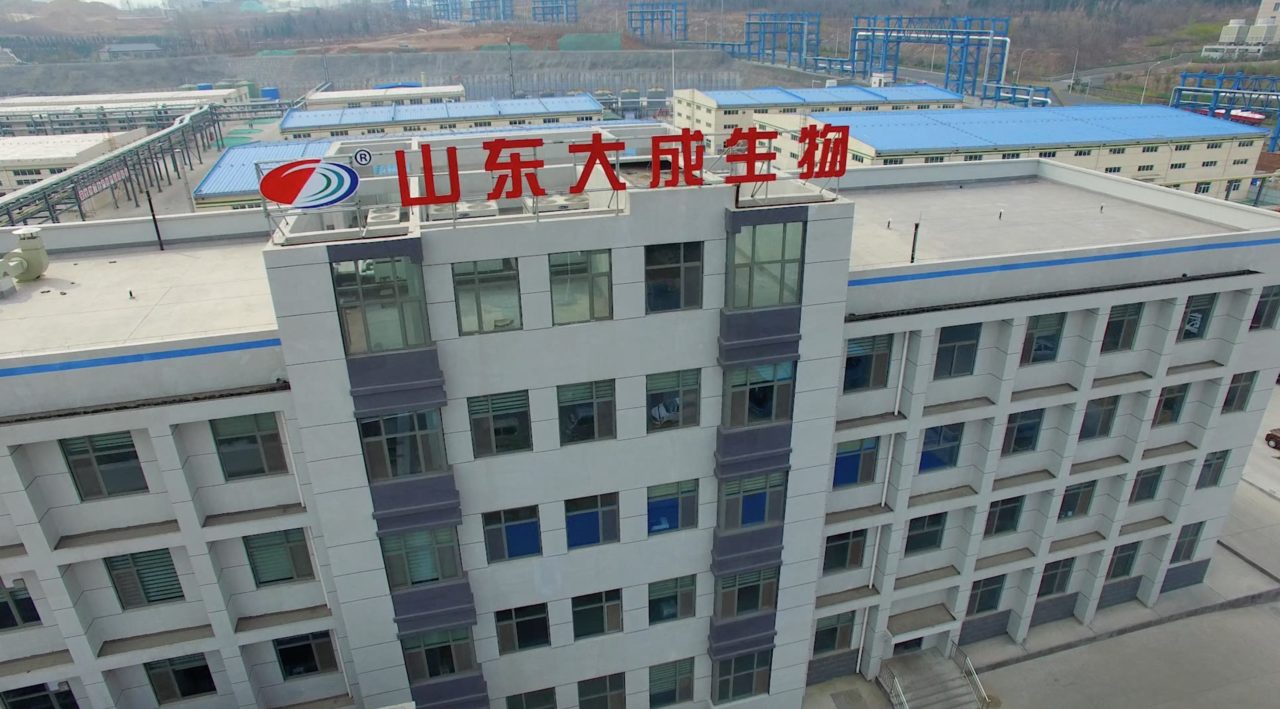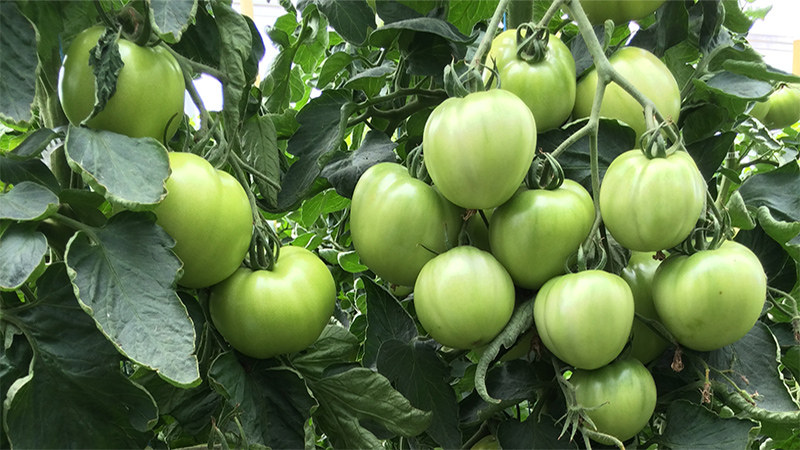Roman Macaya: The Great Debater
His flair for public speaking has catapulted him into the national spotlight in Costa Rica and afforded him fantastic international opportunities as well. It has also made him one of the busiest people in the crop protection industry. In the first six weeks of 2010, Román Macaya was elected to lead a global agrochemical association, campaigned for the presidency of Costa Rica, prepared to host Latin America Agrochemical Association’s (ALINA) annual meeting, and celebrated the birth of his fourth child, all while helping to direct Agroquimica Industrial RIMAC, the company where he is a shareholder and vice president.
Just listening to Macaya’s dizzying schedule would tire out most people (he took 15 international trips in 2009) but he seems to handle it in graceful stride because he firmly believes that all his endeavors are important – to his country, to the agrochemical industry, and to his family.
Case in point: After a lifetime of complaining about government policies, as many of us do, Macaya decided he was going to either give up his altruistic rants or he was going to do something to affect change in his home country. His decision was to run for president of Costa Rica.
“Costa Rica is becoming more unequal and divided socially,” Macaya says. “We have always had a very large and stable middle class, and we are losing that. Economically, socially and politically, power is being centralized. Our quality of life is deteriorating, and I thought that it’s time to do something about the country.”
Although Macaya had never sought elected office before, he had campaigned against the Central American Free Trade Agreement (CAFTA), a comprehensive trade agreement among Costa Rica, the Dominican Republic, El Salvador, Guatemala, Honduras, Nicaragua and the US. He began to examine its impact on crop protection patents and soon discovered it would be more detrimental to the pharmaceutical industry, a blow that could encumber Costa Rica’s universal healthcare system.
He began speaking out on CAFTA, eventually giving about 200 presentations throughout the country and participating in televised debates. The issue polarized the country and drove a wedge through the electorate. CAFTA eventually was passed by 3.5%.
Although Macaya campaigned on the losing side, it bolstered his reputation and his confidence enough to seek the Citizen Action Party’s bid for the presidency. He didn’t win, but he became a party spokesman and campaigned on behalf of the party candidate. The incumbent National Libertarian Party ultimately prevailed in the February elections, but Macaya garnered a certain political savvy and behind-the-scenes understanding that can only come from the diversity of his political opportunities.
“To be a good lobbyist, it sure helps to understand politics and to have a first-hand view of what goes through a politician’s mind and the pressures that they are under,” he says.
That first-hand perspective, along with his previous experience as president of ALINA, make him exceptionally qualified to lead what has become the preeminent global advocate for post-patent crop protection companies, AgroCare.
Launched in 2008, AgroCare is a global coalition of post-patent producers, founded by ALINA, a federation of 27 countries; the European Crop Care Association (ECCA), which represents companies in 11 countries; the Pesticides Manufacturers & Formulators Association of India (PMFAI); and the China Crop Protection Industry Association, which has more than 450 members who produce about 90% of all pesticides made in China.
AgroCare lobbies international organizations that make decisions about public health and food safety, including the UN Food and Agriculture Organization, the World Health Organization and the World Trade Association, as well as meetings that discuss international regulatory standards, environmental impact and residue limits.
“AgroCare is an idea whose time had come,” Macaya says. “All over the world, there are discussions going on and decisions being made that affect the generic side of the agrochemical industry, dealing mainly with intellectual property and registration rules or requirements.”
The formal seat at the table was important, but it wasn’t entirely new, as ECCA and ALINA have already been welcomed at international meetings. But perhaps most valuable function of AgroCare now is its informal presence and its lobbying opportunities for the generic industry.
Lobbying efforts take place behind the scenes of the formal meetings to try to raise intellectual property laws and regulations as high as possible to keep generics out of the market using legal means, Macaya says. Then, once those legal instruments are no longer in play and generics have options to enter the market, then there is an additional lobbying effort to make the registration of these products as difficult as possible. AgroCare tries to use technical data and scientific evidence to validate the propriety and safety of generics.
“All agrochemicals that are put on blacklists to be phased out are always post-patent products,” he says. “This correlation is perfect, and the explanation of why this correlation is perfect is usually because it is said that newer products are safer or have lower use rates. And that’s not really true. There are plenty of new products that have safety concerns, and they are nowhere near being questioned for safety.”
Now that the presidential election in Costa Rica is over and his past-presidency of ALINA is slowing to a less rigorous pace, Macaya will be spending more time traveling with AgroCare.
First on his list is to continue discussions with international figures devising standards for the FAO/WHO Joint Meeting on Pesticide Management. After a series of meetings beginning in 2007, that standard still has not been finalized but is moving along, with input from CropLife International and AgroCare alike.
Macaya also plans to embark on a good-will campaign with the members of AgroCare’s founding entities to court opinions and give updates about what is happening in international regulatory environments.
“Right now, I’m here to listen to people with the help of a very capable team,” he says. “Our board of directors walk through a minefield of legal and regulatory issues that have very important consequences to our industry. We need feedback from companies that are members indirectly through their associations to make sure that we have the strongest arguments to defend generics and open markets for all agrochemicals.”






